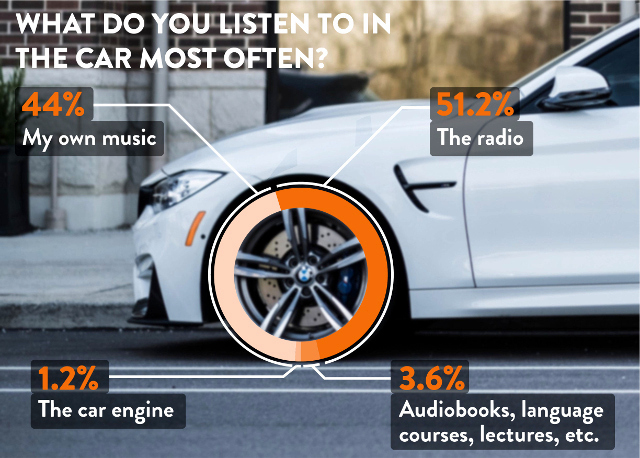Driving for the Best MPG Can Tricky
Consumer concern around fuel efficiency in vehicles is at an all-time high. This is due to two key factors—the cost of fuel and, most importantly, the environmental impact of the amount of fuel we use. We’ve finally seriously started caring about the world we live in.
Businesses of course, saw the potential and started capitalizing on this. Whether their intentions are good or bad, it doesn’t really matter as long as they keep introducing new, more sustainable technologies to the market, from super-fuel-efficient cars through to ones which run 100 percent on electric power.
However, it’s not only up to the big companies to be sustainable. There are also many things that we as drivers can be aware of and do in our current vehicles that will ultimately make our journeys more fuel efficient.
So, what exactly are the more surprising aspects that can have a negative impact on fuel efficiency?
Carrying too much
It seems obvious to us that heavier vehicles such as trucks and commercial vehicles are less fuel efficient, in large part because of their weight. However, few notice the same relationship between weight and the efficiency of our own vehicles.
For example, when we carry passengers and heavy objects it can mean we use a lot more fuel. We oftentimes can’t change the amount of people in the car, however a good way to prevent overloading the vehicle is to make sure we don’t drive around with unnecessary bags, boxes etc. So, remember to take everything out of the trunk next time you plan to drive.
Listening to music
We all love to listen to our favorite tunes when we are travelling. But did you know that using your car stereo can decrease the efficiency of your car?

This is due to the fact that your radio is powered by the car alternator and in turn that is powered by the fan belt, which is driven by the engine, which uses fuel. Although the use of fuel is small, with more than 50 percent of road users listening to the radio as they drive, this could have a huge impact on the environment and a long term cost for each driver.
[Ed. Note: This may be a bit of a stretch, but distracted driving because of musical or other diversions can definitely negatively affect your fuel economy—oh, you’ve never sped up when a great driving song hits the airwaves? See reason #4. This is a good reminder that driver behavior has a huge inpact on fuel economy.]
Cold weather
The cold winter months can also have an adverse effect on the overall efficiency of your car. As your car is most fuel efficient when it has had the time to warm up, the cold weather can mean it is running for longer in a much less efficient state.
Similar things can be said for taking short journeys, where your car does not have the time to heat up to its most efficient temperature.
Going Too Fast
Using the logic above, you might assume that driving faster makes your driving experience more efficient, by warming up the engine quickly. This, unfortunately, is not the case.
As your speed increases, your engine does operate more effectively, but other factors start to come into play. The main factor here is the wind resistance on the car. Therefore,
there is a specific speed where your engine is most efficient, and where wind resistance is not
yet nullifying that efficiency.
Although other factors come into play, some estimate the most efficient speed to be between 50 – 65 mph.
Fuel efficiency can be affected by a whole host of different elements. By knowing what these are and seeking to mitigate them where possible we can lower the impact on the environment and save ourselves some cash in the meantime.

Re “LISTENING TO MUSIC” – I think this might be irrelevant, particularly in more recent cars. I don’t believe that my entertainment actually turns OFF, even if I’m not listening to a CD or have Sat Nav showing. It’s continually attached to my phone by BlueTooth for a start – something which you can’t turn off.
I tend to listen to PodCasts mostly, or Classical Music, and the latter can have a calming effect on one’s right foot.
@Alan,
As we noted, the distraction of listening is more likely to have an impact than the electricity involved. We always thought Smooth Jazz made for the best fuel economy. –ed.